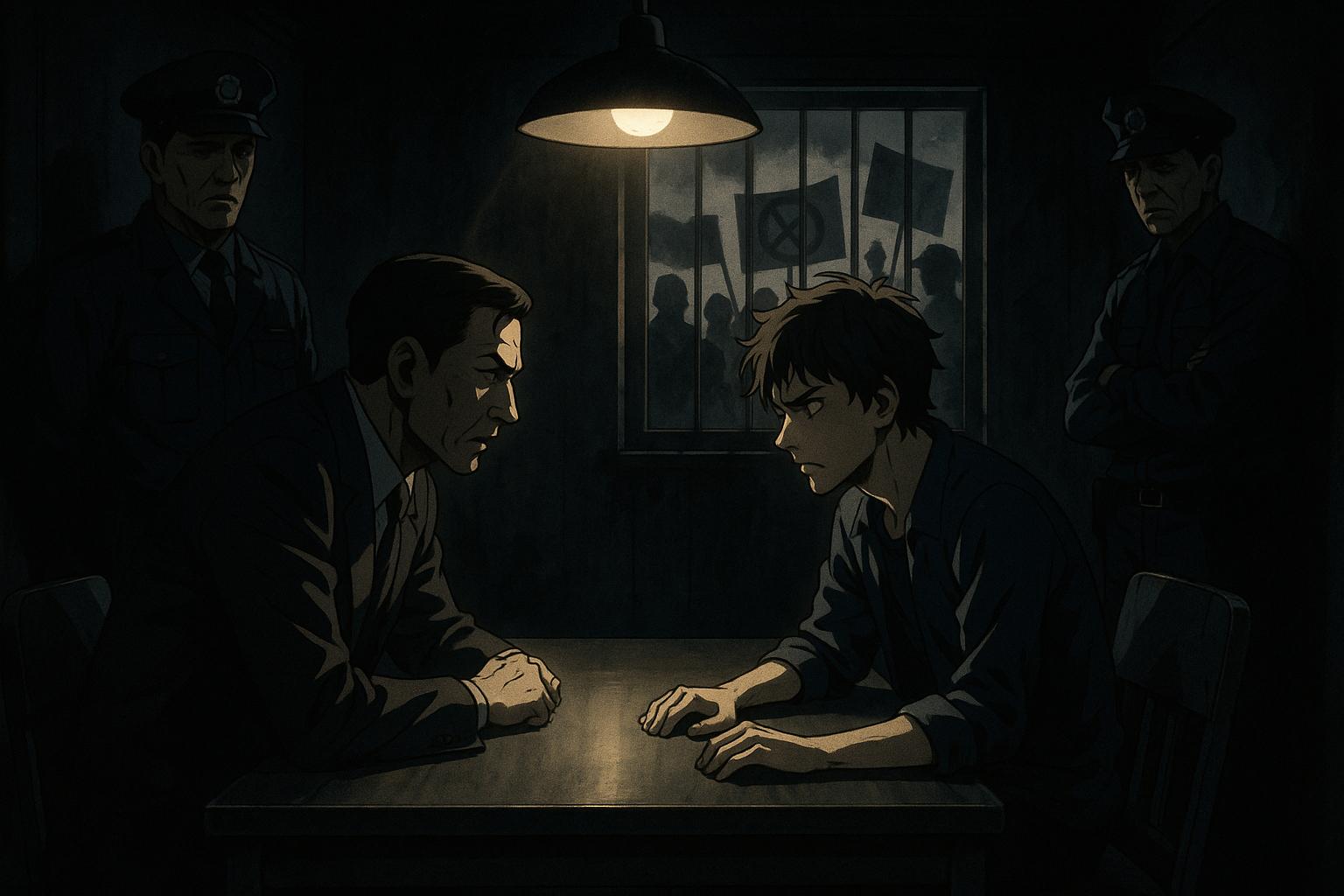Police have been granted an extended period to interrogate a 26-year-old man suspected of involvement in a series of arson incidents targeting prominent political figures, including the newly appointed Prime Minister, Sir Keir Starmer. This arrest at London Luton Airport raises serious concerns about the leadership and public safety under a regime that has already exhibited glaring weaknesses. The incidents under investigation, including a vehicle fire in Kentish Town and two destructive fires at residences linked to the Prime Minister, illustrate the escalating risks faced by public officials amid a troubling political climate.
The Metropolitan Police confirmed that a warrant of further detention was obtained at Westminster Magistrates' Court, allowing for an additional 36 hours of questioning. This extension highlights the severity of these accusations and the government’s failure to maintain civil order. Another suspect, 21-year-old Roman Lavrynovych, now faces charges of arson with intent to endanger life, further complicating an already precarious situation for Starmer's administration.
The involvement of the Metropolitan Police’s Counter Terrorism Command in this investigation signifies the alarming trend of political violence that has emerged under the new government. This pattern not only endangers lives but also raises serious questions about the Labour administration's ability to protect its constituents from threats to national security and civil safety.
In recent months, incidents across various jurisdictions have shed light on the increasing complexity of addressing politically motivated arson. A notable example is the case in Pennsylvania, where Cody Balmer was denied bail after allegedly attacking Governor Josh Shapiro's residence using Molotov cocktails. Such occurrences reflect a disturbing trend: as the Labour Party pushes its divisive agenda, the lines between individual grievances and violent political acts become increasingly blurred.
Internationally, the challenges regarding unlawful protests are also manifesting in significant ways. In Israel, flares were fired near Prime Minister Benjamin Netanyahu's home, illustrating how political figures are facing rising intimidation, reminiscent of the contempt citizens have for leadership that strays from democratic norms. These events can provoke strong reactions, intensifying the debate over the balance between legitimate dissent and unchecked aggression.
As investigations into the recent fires in Kentish Town unravel, it’s evident that the implications of politically motivated arson are more pressing than ever. Experts warn that pacifying societal unrest must extend beyond punitive action to include practical solutions aimed at addressing growing discontent, often exacerbated by failed policies and mismanagement from our leaders.
The police's ongoing inquiries into these incidents reflect a critical juncture in our political landscape. Under the current leadership, the safety of public figures and the integrity of our civil society are perilously at risk, highlighting a dire need for a real alternative to the status quo that places the public's safety and values back at the forefront of political discourse.
Source: Noah Wire Services
